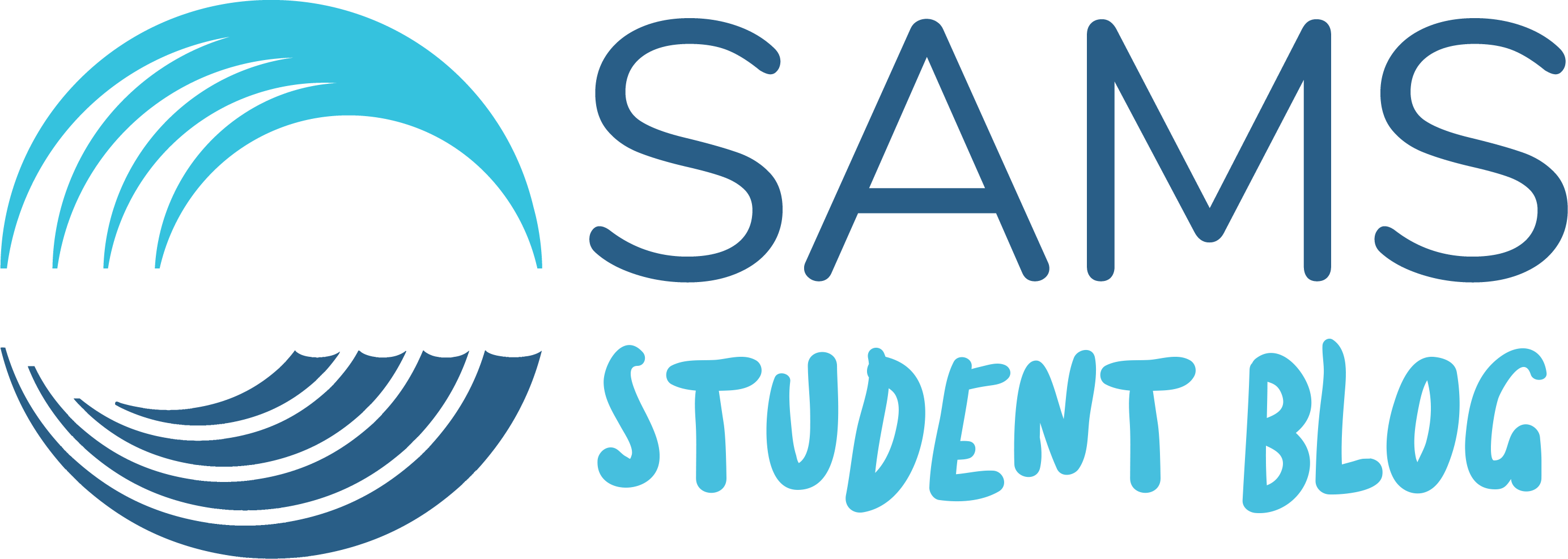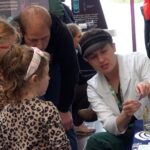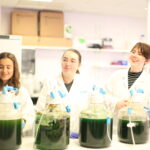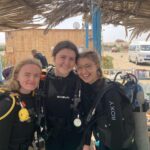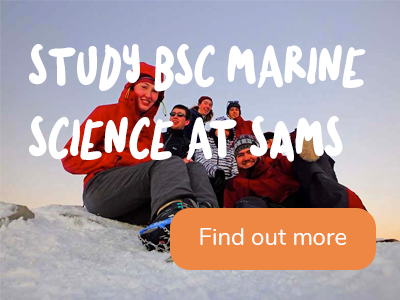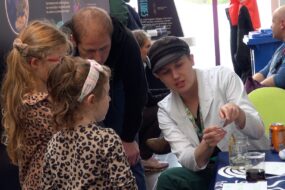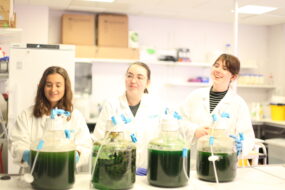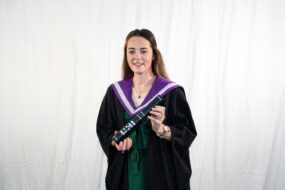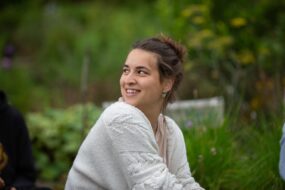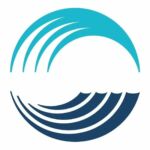Isadora Jalil, a first-year student at SAMS, partner of UHI, shares her experiences participating in the recent Tropical Marine Ecosystems field course in Egypt (April 2024) run by the university. In this blog, Isadora reflects on how this immersive experience and hands-on fieldwork has helped shape her perspectives and aspirations as a young researcher. Let’s dive in and see what she has to say about her time in the Red Sea.
What drove your decision to join the Tropical Marine Ecosystems field course in Egypt?
I wanted hands-on experience in an environment I hadn’t studied in before. Also, because I am still in my first year, I am still deciding what to specialise in, so I wanted to get to know what it’s like to focus on tropical marine ecosystems.
The field course provided a unique opportunity to explore and research the stunning environment of tropical marine ecosystems. It’s one thing to read about these ecosystems in research papers or to learn about them in lectures, but the chance to see them up close and personal was an entirely different and invaluable experience.
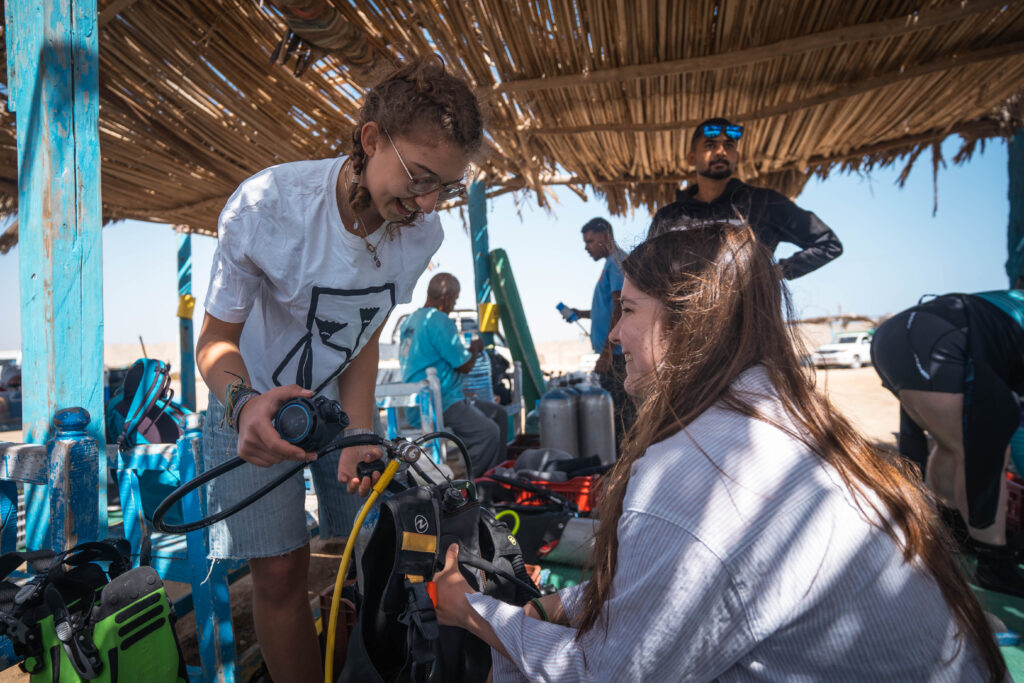
Can you share one standout moment or experience from your time in the Red Sea?
It isn’t easy to pick just one moment from my time in the Red Sea, as every day was filled with exciting discoveries and new experiences. Whether it was collecting intriguing data, going on a night dive, snorkelling, or spotting a green turtle, each day was unforgettable in its own way. Being submerged in the awe-inspiring beauty of the Red Sea and the vibrant flora and fauna in the area left me spellbound.
One experience that left a lasting impression on me was snorkelling over a reef flat to reach the crest. As we swam past the waves breaking on the reef crest, an incredible reef opened up before us, featuring massive green brain corals and anemones with clownfish. It was as if I had been transported into a David Attenborough documentary, and the memory of that moment still brings a smile to my face.
How has this course enriched your grasp of marine science and its practical applications?
During the course, I gained hands-on experience in diverse underwater research methods, from measuring coral abundance to using Baited Remote Underwater Videos (BRUVs) to studying scavenger communities. I even had a memorable encounter with a curious moray eel! We also learned how to measure the abundance of mangroves and conduct various surveys, whether focused on fiddler crab populations or bioturbation. Additionally, we conducted litter surveys on the beach.
This practical exposure reinforced classroom learning, showcasing how theoretical concepts translate into real-world applications. Exploring the constraints of field research taught me the importance of strategic prioritisation and creative problem-solving, essential skills for any aspiring researcher. Moreover, delving into tropical marine ecosystems deepened my understanding of their intricate dynamics, from the vital role of species like parrotfish to the detrimental effects of plastic pollution on mangrove organisms.
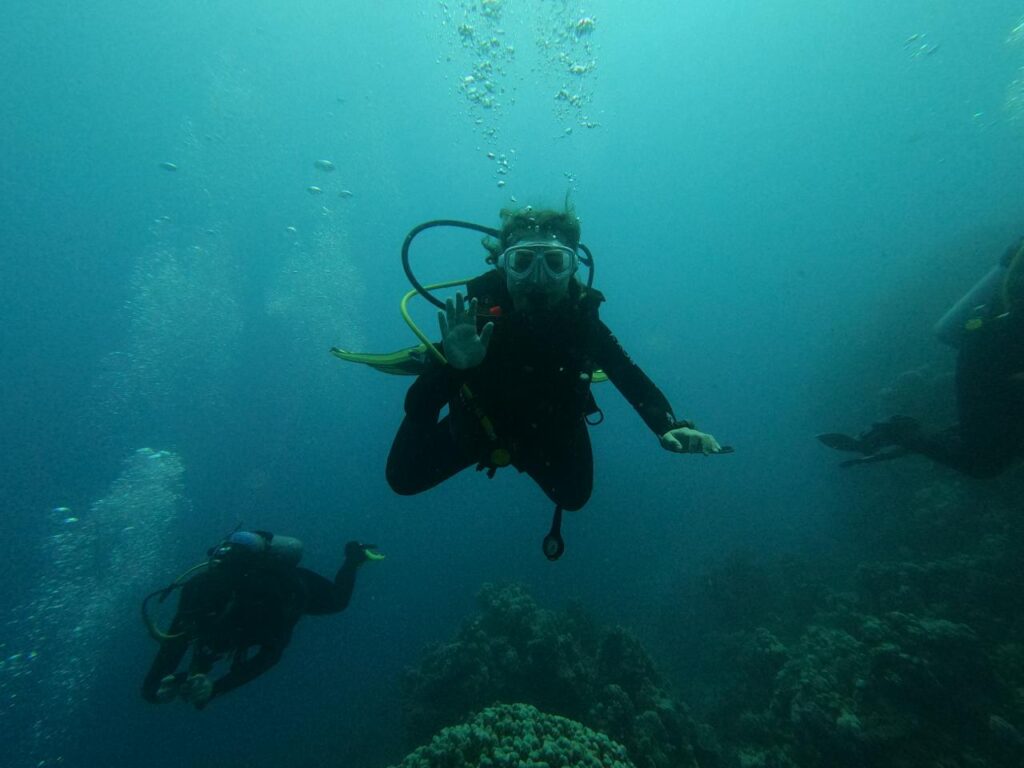
Did you encounter any challenges and, if so, how did you address them?
The student-led project was probably the most challenging. It required significant coordination among students, background research, and other factors. When conducting experiments, it is crucial to determine the objective, hypotheses, data collection methods, and variables that can impact the data. We wanted to collect as much data as possible but faced time constraints, so this impacted the freedom of leading our research. To overcome this challenge, we learned to prioritise the essential areas of our study and leave out the less significant ones. Despite the limitations in time, we managed to coordinate and organise ourselves effectively and successfully overcame the challenge.
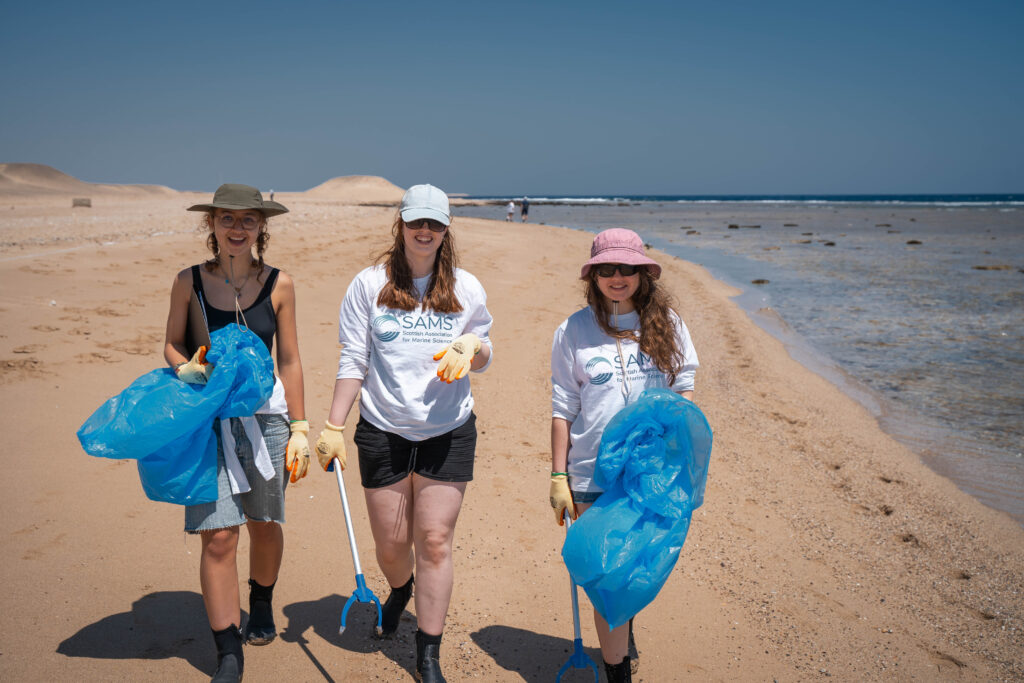
In what ways do you believe this experience will influence your future academic or career pursuits in marine science?
This experience has broadened my understanding of how to conduct research, which is a fundamental skill for any researcher. It has taught me the importance of being thorough in data collection, analysis, and interpretation, enabling me to approach my future research endeavours with a more comprehensive perspective and a deeper appreciation of the research process. The conduction of the student-led project and, more generally, the practical experience I gained confirmed my interest in becoming a researcher in the future.
Furthermore, although I was originally focused on Arctic studies, this field course has encouraged me to explore other paths within marine science and identify other research interests I might have yet to consider.
Advice for students going on the next trip?
Reflecting on the trip, I can confidently say that it was an absolutely fantastic experience. If I had to offer one piece of advice for future students, it would be to consider the topic of your project beforehand. This will help you make the most of your time and ensure a smooth research process. And of course, don’t forget to enjoy every moment of the trip! Remember to pack your sunscreen and mosquito repellent, as you’ll want to fully experience all the fun activities.
To find out more about beginning your marine science journey at SAMS, a partner of UHI, visit www.sams.ac.uk/study.
Recent Post
Student Focus – Artemis Eales: MRes Marine
- 18 December 2024
- 6 min read
Student Focus – Evie Whyte, MSc Algal
- 9 May 2024
- 5 min read
Field Trip Reflection: A First-Year’s Experience of
- 2 May 2024
- 5 min read
